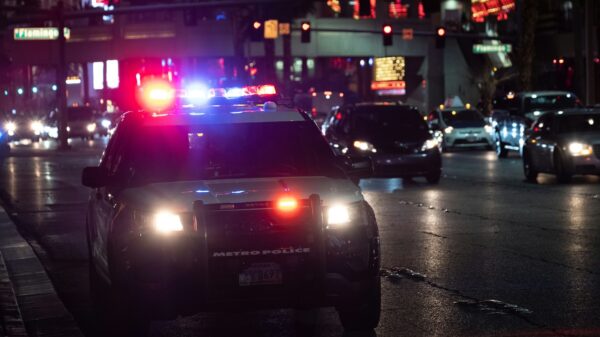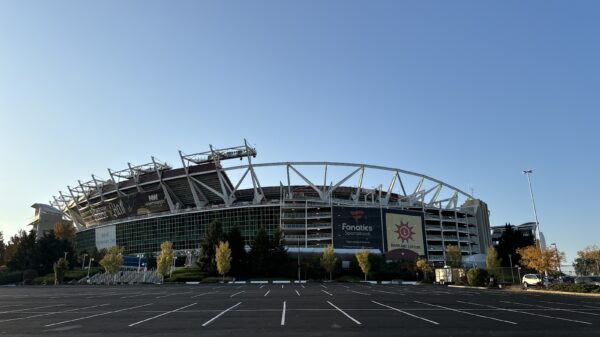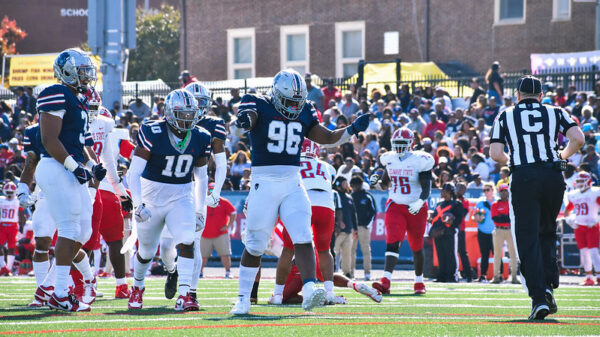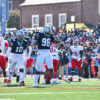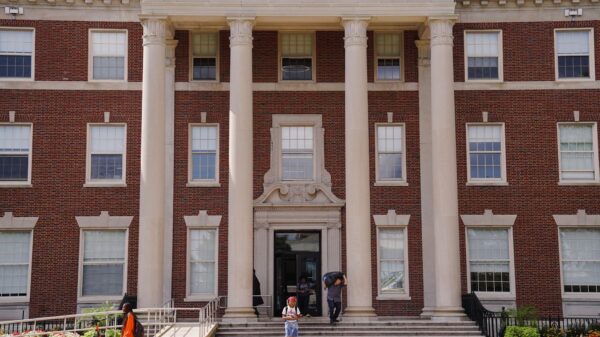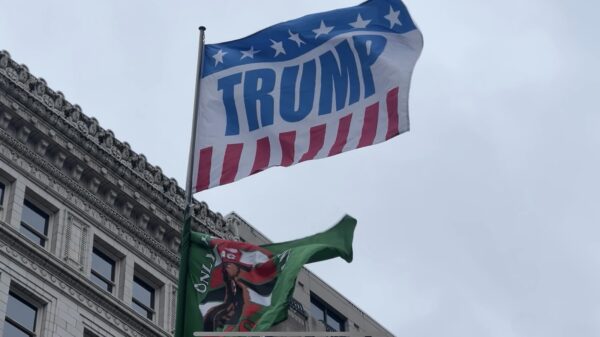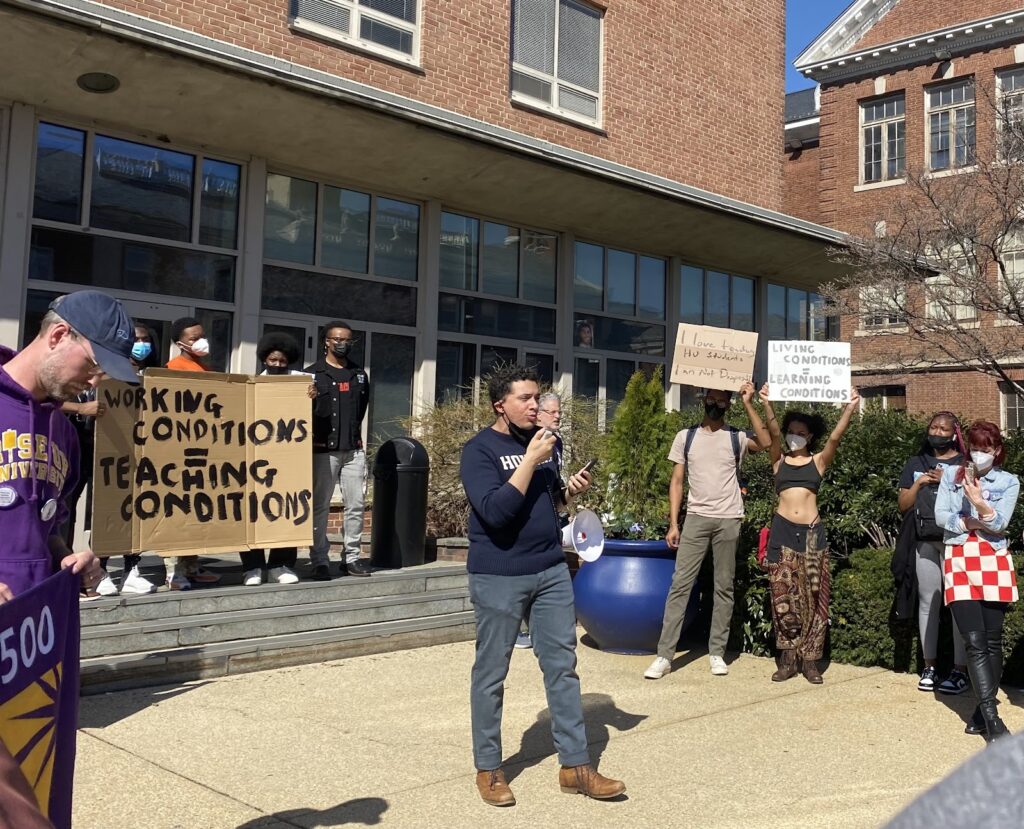
After hours of deliberation, the Howard University administration and the Service Employees International Union (SEIU) Local 500 reached a tentative agreement in negotiating the terms brought up by the union. In turn, the contingent faculty will not be striking as they had previously proclaimed to do if an agreement was not reached with administration.
The announcement came at 3:36 a.m. on March 23 after the teaching faculty union took to Twitter to call off the strike, as they had reached a tentative agreement on the first contract with administration. In a statement shared by the Twitter page @LecturersHU, the official account of the teaching faculty union at Howard University, it stated, “This tentative agreement is subject to a vote of ratification by the union membership, which will be scheduled in the coming weeks.”
The faculty stated in a flier that their demands included, “a system that ends this contingent employment by modifying the 7-year rule.” As it stands, after seven years, non-tenure track faculty are dismissed by the university. Demands called for the administration to implement multi-year contracts that “allow effective teachers to build secure careers at HU,” for full time faculty.
For adjunct professors, demands included equal pay, compared to that of a full-time professor, as well as the opportunity to teach three courses per semester to qualify for university-sponsored health insurance.
Had an agreement not been reached, the union had plans to strike from March 23-25 to place pressure on the university. During this time, the union faculty would have refrained from holding classes, office hours, responding to emails, writing letters of recommendation, among other academic responsibilities.
In a statement from the Office of the Provost, notifying students that the SEIU strike had been averted, Provost and Chief Academic Officer Anthony Wutoh stated, “We are pleased to announce that the University reached a tentative three-year collective bargaining agreement with Service Employees International Union (SEIU), Local 500, the union representing Howard’s full-time lecturers and adjunct faculty. We successfully doubled down on our promise to bargain in good faith with the SEIU and deliver a fair labor contract for faculty, the University and our community.”
The protesting faculty, which is composed of more than 200 adjunct professors and 150 non-tenure full-time faculty, are represented by SEIU Local 500. On March 9, the union filed unfair labor practices against the university to the National Labor Relations Board. The allegations against the university included “refusal to bargain” with the union, including bad faith bargaining, and “refusal to furnish information.” These were the only two charges listed in the case.
Dozens of faculty, students and alumni rallied in support of a number of Howard University’s non-tenure faculty and adjunct professors outside of the Mordecai Johnson Administration building on March 16. The contingent faculty members protested against the university calling for better wages and modified contracts, among other demands.
“We have had this university and all of higher education insulted while some of our most respected colleagues were forced to sit quietly behind anti-worker’s rights lawyers as if their voices were one in the same,” Cyrus Hampton, a master instructor in the english department and contingent faculty leader, said into a megaphone at the crowd.
“University leadership has made clear that a better working environment and a better learning environment is unimportant to them,” Hampton added. The potential strike garnered some support under the Twitter hashtag, #HowardStrike.
In a statement published on the Twitter page @LecturersHU, the Howard Teaching Faculty Union and SEIU Local 500 spoke on the longevity of their fight for equal treatment. “Both groups have been trying to negotiate an agreement with Howard University administration for about 3 years,” one post said.
The Office of the Provost took to Howard’s official Instagram to respond to the faculty’s claims on March 17. “Throughout our negotiations with the union representing adjunct and temporary faculty (SEIU), we have remained diligent in our engagements with union representation and consistent in our efforts to reach an agreement,” they said in the statement.
The university also addressed some of the claims made by the contingent faculty in the statement, such as pay raises and investing in employees. “In January 2022, over 600 Howard faculty received raises to meet the median salary of faculty at our peer institutions. While this did not impact union faculty because of the union’s exclusive right to negotiate compensation for its members, eligible non-union faculty did receive salary increases as well as eligible full-time non-tenured faculty,” they stated. Adding further that proposals have been made for wage increases for union faculty.
Tensions between Howard non-tenure track faculty and administration are not new. In August of 2021, an alleged faculty member took to social media to publish a statement under the alias of Imani Light. In the statement, Light expressed frustrations about insufficient pay for lecture professors, as well as unfair employment practices.
Though this disagreement is heavily focused on a number of faculty members and administrators, it has not stopped some students from getting involved. Some members of the Kwame Ture Society of Africana Studies organization were at the demonstration to support the faculty. Sophomore history major Joseph Sturgeon voiced why he felt it is crucial for the faculty to be supported by students.
“I think that solidarity from the student body is super important for the faculty union to gain any kind of leverage in their bargaining process. They teach upwards of 2,000 courses a year, so if students show solidarity and come out to the strike, it’s harder for the university to deny their demands,” Sturgeon said.
The faculty rally and potential strike came five months after the month-long student sit-in at the Armour J. Blackburn University Center, where students called for the university to address a series of demands that directly affected the student body. In an instagram live with the Hilltop on March 22, Hampton described the Blackburn student protest as further inspiration for the faculty rally.
Copy edited by: N’dia Webb


